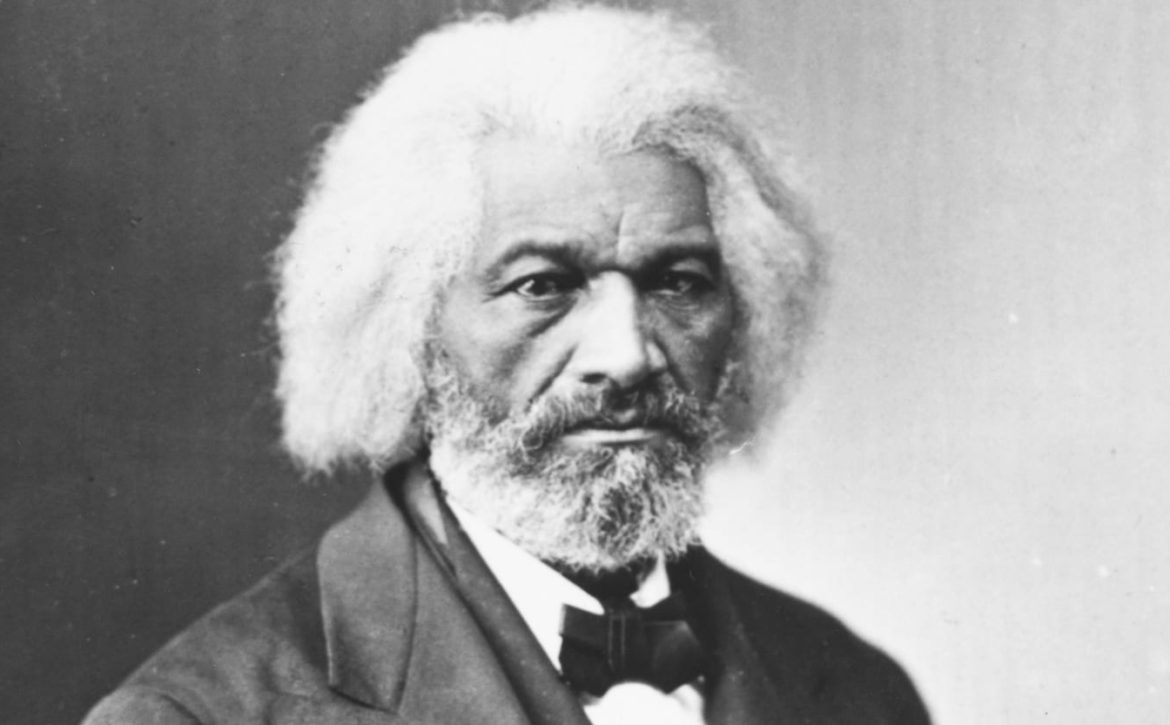
Frederick Douglass Is Still the Point Man on Voting Rights
Library Of Congress/Getty ImagesThese days few periods in American history hold more interest than the Reconstruction era of the 1860s and 1870s. The struggles with voter suppression laws and the policing of Black communities are all too often nothing so much as extensions of the racial legacy of the post-Civil War era.It is this connection between past and present that makes Robert S. Levine’s The Failed Promise: Reconstruction, Frederick Douglass, and the Impeachment of Andrew Johnson especially timely. Levine begins by telling us that the promise of Reconstruction “remains unfulfilled to this day,” but it is not a point he has to stress. The Supreme Court’s decision this July 1 upholding Arizona’s new voter restriction laws in the case of Brnovich v. Democratic National Committee is all the reminder we need of how the current battle for Black voting rights goes straight back to 1870 and the passage of the Fifteenth Amendment, which prevents states from denying the right to vote on account of race or color.The hero of Levine’s book is Frederick Douglass. In his portrait of Douglass, Levine’s aim is to go beyond the histories of the impeachment of Andrew Johnson, that focus on the Radical Republicans. Levine’s intention is to move Douglass and his African American contemporaries “from the background to the foreground of the four years of Reconstruction under Johnson.”Read more at The Daily Beast.
Read More


